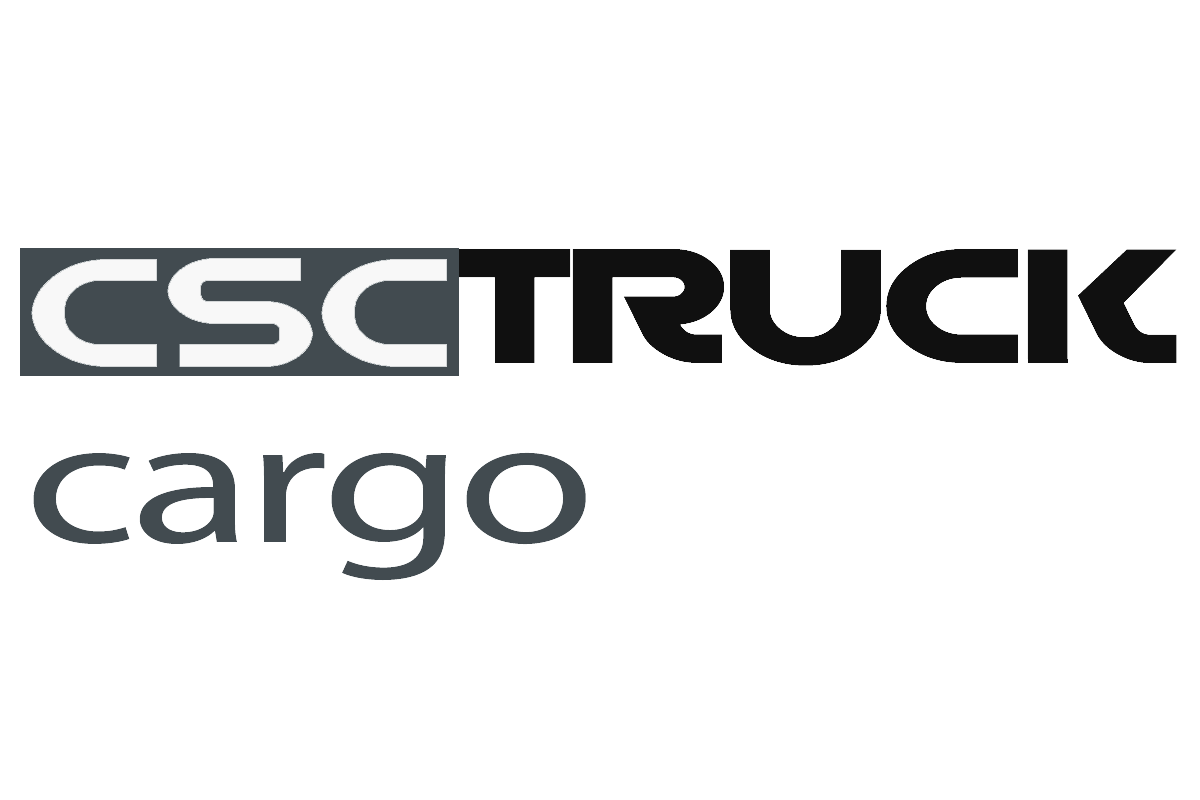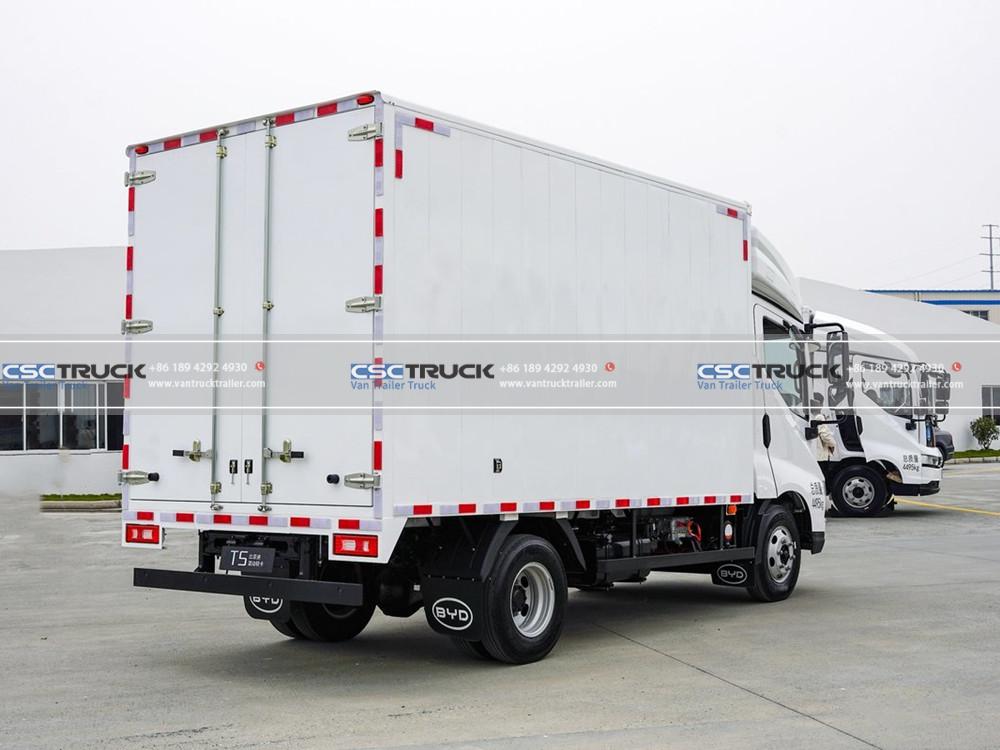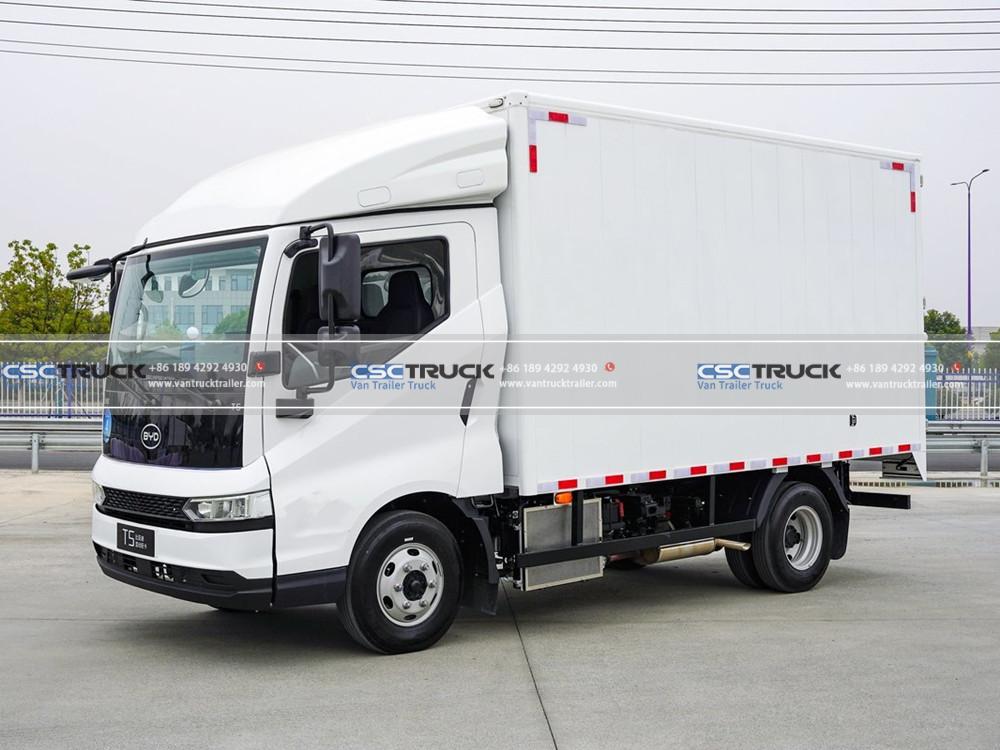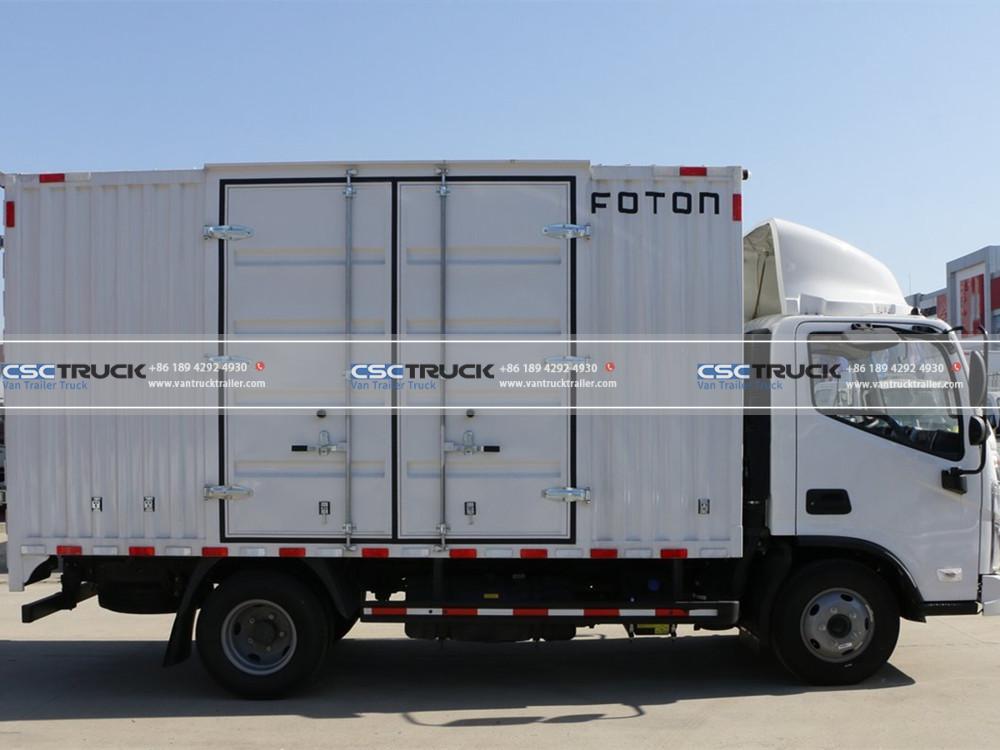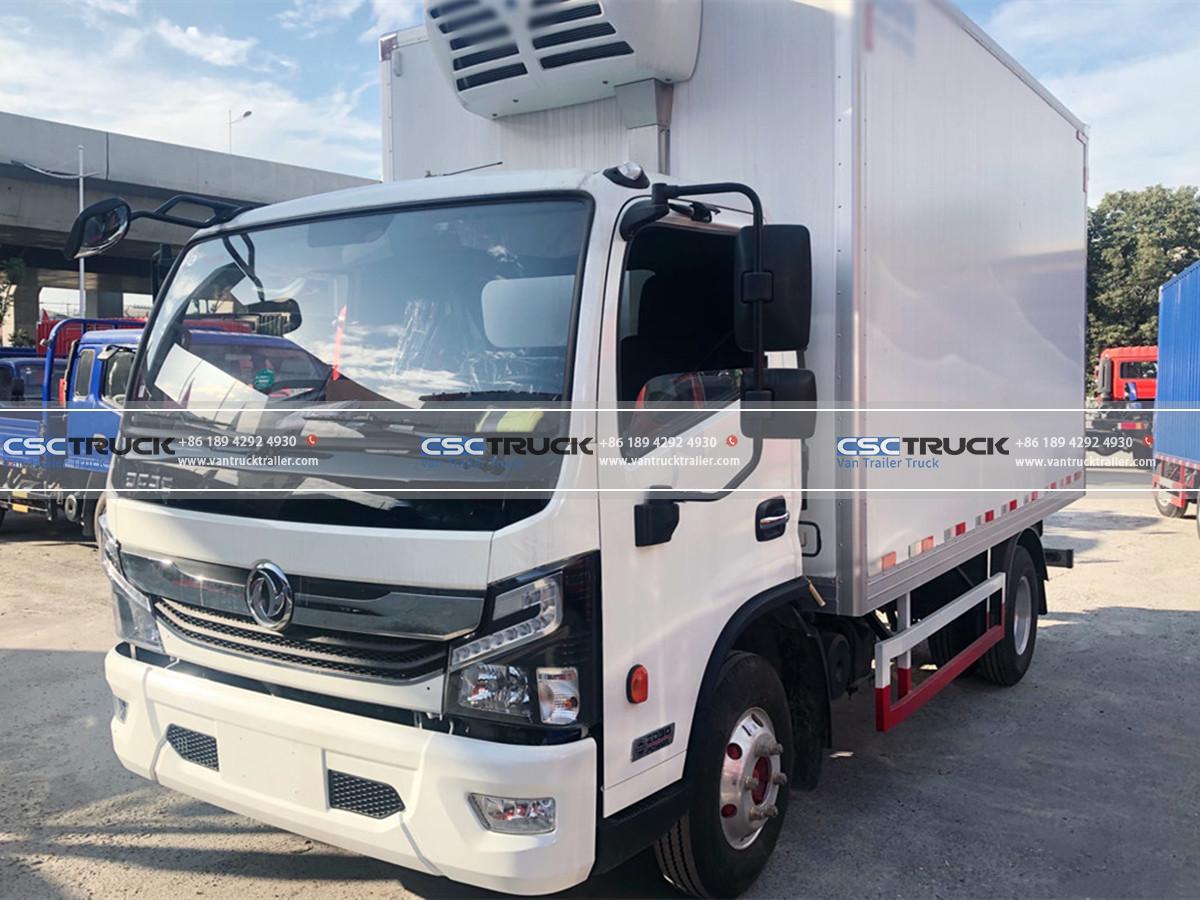In the world of freight and logistics, the choice of transportation is often a pivotal decision that can shape the overall efficiency and success of a business. Companies dealing with goods must carefully consider the type of truck that best aligns with their operational demands. The two most common truck types that businesses choose from are dry vans and refrigerated trucks. Each type of truck offers distinct advantages, depending on the nature of the goods being transported, the distance to be covered, and the specific needs of the supply chain.
Both options have their own set of benefits and limitations, and selecting the appropriate vehicle is crucial for maintaining cost-effectiveness, ensuring the integrity of the products, and meeting delivery timelines. This blog post delves into the key factors to consider when deciding between dry vans and refrigerated trucks for your business needs.
Understanding Dry Van Trucks
A dry van truck is the most commonly used vehicle for hauling a wide variety of goods, from electronics to clothing. Its enclosed cargo area is designed to protect products from the elements, offering a safe and secure way to transport goods that are not sensitive to temperature changes. Dry vans are often favored for their versatility and efficiency in transporting non-perishable items over long distances.
Key Features and Benefits of Dry Vans
Dry van trucks are designed to be sturdy and reliable, with a solid, weather-resistant exterior that keeps goods protected from rain, wind, and dirt. Unlike refrigerated trucks, they do not have any cooling mechanisms, making them a more economical option for hauling standard cargo. This can result in significant savings for businesses transporting products that don’t require refrigeration.
In terms of size and capacity, dry vans offer considerable flexibility. They come in various lengths and configurations, typically ranging from 28 to 53 feet. The ample storage space makes them suitable for hauling a large volume of goods, and their standardized size allows for easy handling at most warehouses and logistics hubs. Dry van trucks can also be equipped with ramps and lift gates to facilitate the loading and unloading process, which can be particularly helpful for businesses with heavy or bulky products.
When to Choose a Dry Van
Dry vans are ideal for businesses that are dealing with non-perishable items like books, furniture, clothing, and electronics. They are also suitable for transporting industrial equipment and machinery. If your business deals with goods that don’t require special environmental conditions, a dry van will suffice and be more cost-effective.
However, dry vans may not be suitable for products that are temperature-sensitive, such as fresh food, pharmaceuticals, or certain chemicals. In these cases, refrigerated trucks are the better option to maintain the quality and integrity of the goods being transported.
Exploring Refrigerated Trucks
A refrigerated truck, often referred to as a reefer truck, is specifically designed for transporting goods that require temperature control throughout the journey. These trucks are equipped with refrigeration units that maintain a consistent temperature, which can be adjusted based on the specific needs of the cargo.
Key Features and Benefits of Refrigerated Trucks
Refrigerated trucks provide the ideal solution for businesses in industries where the preservation of product quality is paramount. For example, companies in the food and beverage industry often rely on refrigerated trucks to keep their products at the proper temperature to prevent spoilage. Similarly, businesses dealing with pharmaceutical products or certain chemicals that require a stable temperature environment turn to refrigerated trucks for the safe transportation of their goods.
These trucks are typically built with advanced insulation to prevent external temperatures from affecting the interior of the cargo area. The refrigeration units can be adjusted to different temperature settings, making them adaptable for transporting a wide range of temperature-sensitive products, from frozen foods to fresh produce, vaccines, and other medical supplies.
When to Choose a Refrigerated Truck
If your business involves perishable goods that require temperature control during transport, then a refrigerated truck is an essential part of your logistics strategy. For example, if you are in the business of distributing fresh fruit, vegetables, dairy products, or meat, you will need a refrigerated truck to ensure that these products remain fresh and safe throughout the journey.
Additionally, refrigerated trucks are also crucial for businesses that need to transport temperature-sensitive pharmaceuticals, which must be kept within a certain temperature range to retain their efficacy. Companies in the healthcare sector or those involved in the cold chain logistics often depend on reefer trucks to ensure the integrity of their sensitive shipments.
Cost Considerations: Dry Van vs. Refrigerated Truck
One of the most significant factors to consider when choosing between dry vans and refrigerated trucks is the cost. Dry van trucks are generally more affordable to purchase, maintain, and operate, as they do not require the complex refrigeration units that reefer trucks depend on.
Initial Costs and Maintenance
The upfront purchase price for a dry van is typically lower than that of a refrigerated truck. Since there is no refrigeration system, dry vans have fewer mechanical parts, which translates to reduced maintenance costs. Additionally, dry vans are often less expensive to fuel, as refrigeration units can be energy-intensive, especially when operating over long distances.
On the other hand, refrigerated trucks require a significant investment in refrigeration equipment, which adds to both the initial purchase price and the long-term operating costs. The refrigeration units also require regular maintenance to ensure they are functioning properly, which can result in additional downtime and repair costs.
Fuel Costs and Efficiency
Fuel costs are another important consideration when comparing the two truck types. Refrigerated trucks consume more fuel because the refrigeration system runs continuously, often adding substantial costs to each trip. Dry vans, in contrast, are more fuel-efficient, as they do not have the added energy burden of maintaining temperature control.
For businesses operating on tight margins, the fuel efficiency of dry vans can be a deciding factor. If your business doesn’t require temperature-controlled transport, opting for a dry van can significantly reduce your operational expenses over time.
The Right Choice for Your Business Needs
Ultimately, the decision between a dry van and a refrigerated truck depends on the specific needs of your business. A variety of factors must be taken into account, including the nature of the products being transported, the distances involved, cost considerations, and the importance of temperature control.
Non-Perishable Goods: Dry Vans Are Often the Better Choice
If your business deals primarily with non-perishable items that are not susceptible to temperature fluctuations, a dry van is likely the more suitable option. It offers the best combination of affordability, efficiency, and practicality. Dry vans are perfect for businesses that need to move large quantities of goods quickly and cost-effectively.
Perishable Goods: Refrigerated Trucks Are Essential
For businesses in the food, pharmaceutical, or chemical industries, where temperature sensitivity is crucial, refrigerated trucks are indispensable. They provide the necessary temperature control to ensure that your products arrive safely and in good condition, helping you maintain the quality of your offerings and meet regulatory requirements.
By carefully evaluating your business’s transportation needs and understanding the benefits of both dry vans and refrigerated trucks, you can make an informed decision that supports your long-term goals and ensures that your goods are delivered efficiently and cost-effectively.
